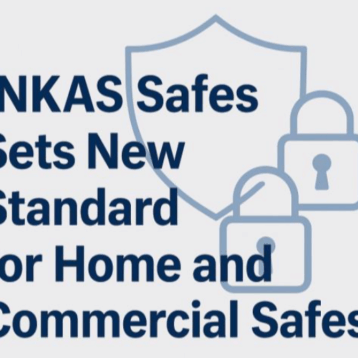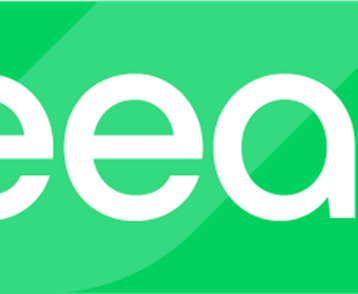
What’s the big fuss around Net Neutrality we’ve been hearing about as of recent? Is Net Neutrality really going to be making a sustainable difference on society, whether it goes or stays? How is the concept of cryptocurrency connect to it all?
Net Neutrality is a discipline that stipulates the fact each website are born equally and should enjoy the same treatment and the same resources. That means that an internet provider, whether by its own initiative or by a governmental decree, cannot intentionally make one site slower than the other. It doesn’t mean that certain websites cannot be blocked by these ISPs but rather comes to protect the public from bias. Making one site more accessible than the other is essentially diverting the traffic from the lesser accessible site to the more accessible site.
Net Neutrality was partially repealed in the recent months (in fact, it was the 2015 Open Internet Order that was repealed) and the internet is buzzing with Silicon Valley companies, publications and blogs who explain why without it, the internet won’t be the same. I will make my best attempt to do the same.
Net Neutrality’s most basic concept dictates that those providing the service (supplying bandwidth, providing software or hardware, or other related service providers) must adhere to the Dumb Pipe concept. That means that the user is the one that has the utmost control of the content he consumes, and the devices and services along the way do not interfere with his choice. Once that principle is breached – there are essentially no limits to the level of governmental and commercial interference that could be made.
To really understand the concept of dismissing Net Neutrality, the best course of action would be to play some what-if scenarios. Here are some of them:
- What happens if a certain country leader wants to stay in power so he orders ISPs to slower down websites that oppose his views and speed up websites that concur with his views?
- What happens if a certain ISP has commercial interests in one particular service? What would prevent it from making sure it loads better and faster than its competitors, ultimately leaving no choice to the end client?
- What happens if a certain hardware manufacturer adds embedded code into his devices preventing people using them from consuming specific content?
This imminent question that internet users, or people, around the world are facing right now is whether will be able to maintain a neutral internet where each person is able to search for information and consume it from a resource of its choice, or whether the internet will become more and more biased until it will eventually end up like television – spewing monotonous garbage at the unsuspected viewer. People will lose that control to consume whatever content they want to consume (within the law) without facing bias.
Give service providers and governments the option of manipulating the internet as they see, and you will end up with something that completely defies the purpose.
These recent actions have brought more than criticism. They brought a simple yet effective product called VPN software that enables internet anonymity. They brought the cryptocurrency boom, which is a form of a signal by the people to the governments that says loud and clear – we do not want any more government interference with our business.










